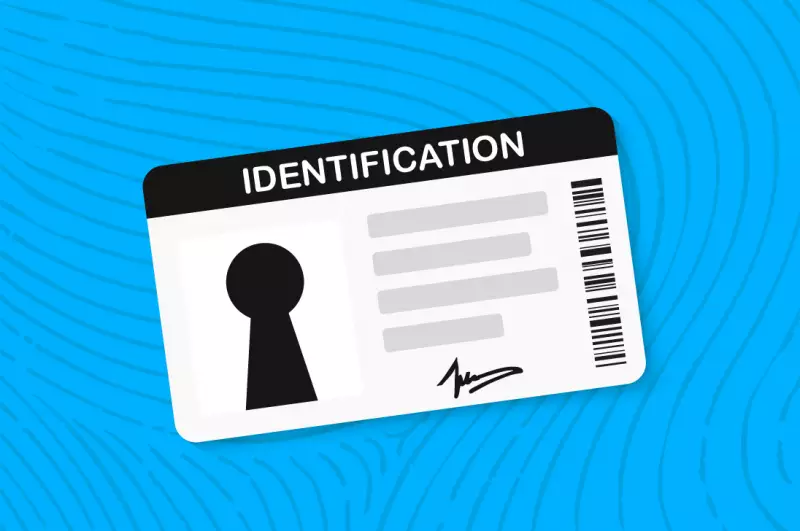What is Identity Theft Insurance and What Does It Cover?
Table of Contents
- By Greg Brown
- Published: Jun 20, 2023
- Last Updated: Jun 27, 2023

Identity theft has a long and storied history, with the term coined in 1964. Long ago, when someone’s only means of identification was their word or signature, prisoners murdered innocent citizens to escape execution.
Widespread implementation of photo IDs, passports, and social security numbers quelled much of the violence; however, identity theft entered the global culture. As technology was added to the mix, identity thieves followed. Smartphones have become the standard for personal identity and information in modern times. Making the process of stealing an individual’s legitimacy and heritage much easier.
The criminal process of stealing another’s personal identifying information is Identity Theft and must be reported to the FBI. Stealing identities has become much more insidious and fruitful for the perpetrators as technology has advanced. Once an identity has been stolen with usually just a single piece of information, the theft is expanded exponentially. Family members, neighbors, friends, or even casual relationships are in danger. Credit cards, tax returns, health insurance claims, and anything of value are stolen without the victim ever knowing. Identity Theft has ruined countless lives.
What is Identity Theft Insurance?
Insurance companies offer ID Theft coverage as an add-on to homeowners, renters, or other primary coverage. If the individual does thorough research, identity theft policies can protect from costly fraud, and it is essential to look for account monitoring.
ID theft coverage helps to recover out-of-pocket expenses and any fees to restore your good name and credit accounts. Recovering stolen funds is a different matter.
According to Nerdwallet, comprehensive ID Theft policies may offer the following add-ons to enhance practicality.
- Credit Monitoring: These services monitor the three main bureaus looking for suspicious activity on your credit reports. This monitoring cannot stop fraud but can help alert the individual to take early action.
- Cyber Coverage: Homeowners work with specialists to recover or prevent cyber-attacks at home. Commercial services are an entirely different discussion. Specialists can help to recover stolen data and secure a home Wi-Fi network.
- Restoring Identities: The tragedy of Identity theft is your life has been stolen. Insurers can get a person in touch with experienced fraud specialists to prepare affidavits and take a proactive stance on recovering an identity.
- Stolen Fund Reimbursement: A person is unlikely to recover all of their stolen funds. Once the money is in scammers’ hands, it is spent or transferred to untraceable bank accounts. Insurers can help with the fees and may pay you back some of the stolen money.
Make sure to read over your chosen policy carefully. Do not hesitate to ask questions to your agent concerning deductibles, specific coverage, and how much are out-of-pocket expenses. Will they pay for any stolen funds?
What Does Identity Theft Insurance Cover?

Insurance for identity theft may be necessary, depending on risk tolerance. Always check any existing policies to see if there is any relatable coverage you can build on, especially credit monitoring.
It is vital to know if do-it-yourself monitoring and recovery, as opposed to ID Theft insurance, is worth the cost. Start a checklist; contact each credit bureau to inquire about cost and freezing accounts. Do the same for banks and credit accounts; make sure you know their stance on the recovery of lost funds.
How much money can you stand to lose if all your accounts were suddenly drained of cash? A 2021 study by the Department of Justice found victims of identity theft resolved their financial problems in less than a week. Some victims took less than a day.
Once your identity has been stolen, real problems begin. Is insurance going to be worth the money? Depending on the amount of funds stolen, victims need quick help to try and recover assets. A do-it-yourself approach is probably the best bet if you have less than five hundred in your checking account at any given time. However, if you and your family have considerable resources, insurance coverage, and other tools are likely already in place.
How Much Does Identity Theft Insurance Cost?
Identity theft insurance may cost as little as $25 a year or more than $30 a month, depending on the company and services offered. For example, Identity Restoration Insurance from State Farm is $25 a year for home, condo and mobile home insurance policyholders. If you purchase identity theft insurance from an insurance company as a standalone product, you can typically buy it as a monthly plan.There may be similar services from an identity theft service or a credit report company, so it’s a good idea to shop around.
How to Reduce Your Risk of Identity Theft?
Identity theft is a long-term tragedy for anyone who must endure the short and ongoing consequences. Unfortunately, victims’ lives are ruined by credit scores that are negatively impacted. Thieves open new lines of credit and credit cards, max them out, and never pay the bills. Any history of good payments is wiped out.
In this modern electronic world, it is vital for anyone who considers their credit as essential to take the next step. Start monitoring and protecting your assets at all costs.
















